Claroty CEO Yaniv Vardi tells us what's needed to defend vital networks
Interview Take a glance at the cybersecurity headlines of late, and you'll see a familiar phrase that keeps cropping up: Critical infrastructure. …
Interview Take a glance at the cybersecurity headlines of late, and you'll see a familiar phrase that keeps cropping up: Critical infrastructure. …
Here’s another BGP lab challenge to start your weekend: use RIB-to-FIB filters to reduce the forwarding table size on access routers in a large Service Provider network.
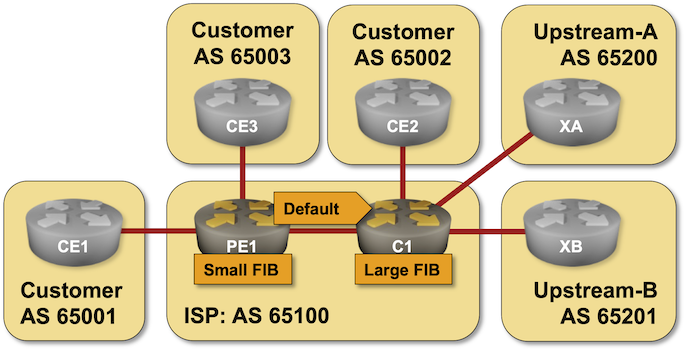

After reversing its positioning on remote work, Dell is reportedly implementing new tracking techniques on May 13 to ensure its workers are following the company's return-to-office (RTO) policy, The Register reported today, citing anonymous sources.
Dell has allowed people to work remotely for over 10 years. But in February, it issued an RTO mandate, and come May 13, most workers will be classified as either totally remote or hybrid. Starting this month, hybrid workers have to go into a Dell office at least 39 days per quarter. Fully remote workers, meanwhile, are ineligible for promotion, Business Insider reported in March.
Now The Register reports that Dell will track employees' badge swipes and VPN connections to confirm that workers are in the office for a significant amount of time.
Through Code Club and CoderDojo we support the world’s largest network of free informal computing clubs for young people.
The clubs network reaches young people in 126 countries across the globe, and we estimate that the 4,557 Code Clubs and 771 CoderDojos are attended by more than 200,000 young people globally.
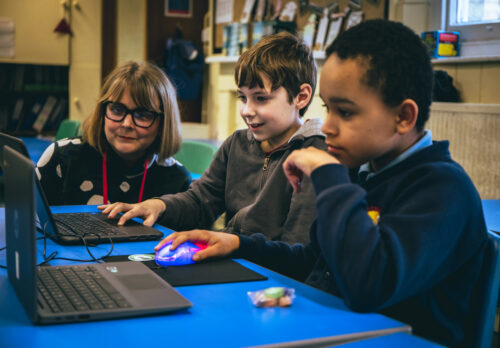
All these clubs are run by incredible volunteers and educators who help young people to learn computing and coding. Every year, we ask the volunteers to tell us about their experiences in our annual clubs survey. Below we share some highlights from this year’s survey results.
We want to know more about volunteers in the network, how they run their clubs, and what impact the club sessions have for young people. Understanding this better helps us to improve the support we give to volunteers and young people around the world. This year we received over 300 responses, which has given us valuable insights and feedback.
Improving gender balance in computing is part of our work to ensure equitable learning opportunities for all young people. Girls’ participation in the CodeDojo community has risen from 30% to 35% between 2023 and 2024, while 40% of Code Club attendees are girls.
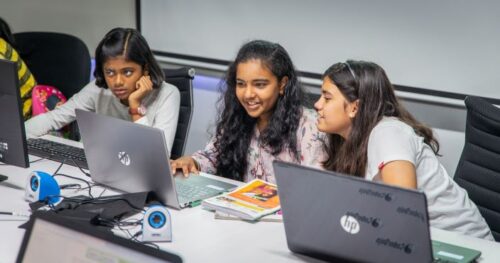
Clubs are using a wide variety of technologies and tools to support young people with their coding. According to the survey, the most popular coding tool was Scratch, which nearly all of the volunteers said they used in their club. Over 60% of volunteers reported using micro:bits, and over 50% mentioned Python.
We asked volunteers to tell us what changes they had seen in young people as a result of being part of a club. Volunteers fed back to us about the positive community created by clubs where young people felt safe and included. This was evidenced by the way young people felt able to share their ideas and support other young people:
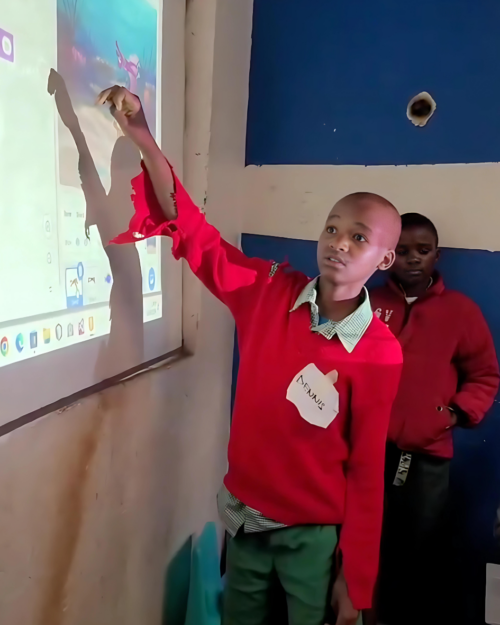
“The more experienced members are both capable and competent to demonstrate their skills to less experienced children. For example, they recently ran a full-day session for the whole school to complete the Astro Pi Mission Zero project.” – Code Club volunteer
Volunteers reported increases in young people’s skills and confidence in digital making and engaging with technology (see graph below). They also agreed that young people developed other skills, with nearly 90% noting improvements in problem solving, personal confidence, and creative thinking.
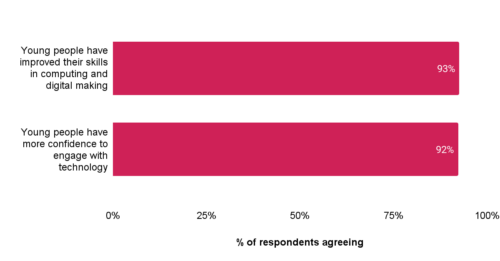
These positive outcomes are the result of the hard work and dedication of the club volunteers. Based on the survey, we estimate that at the time of the survey, there were over 6000 Code Club leaders and almost 3000 CoderDojo champions around the world. Many of the volunteers are motivated to volunteer by a love of teaching and a desire to pass on their skills.
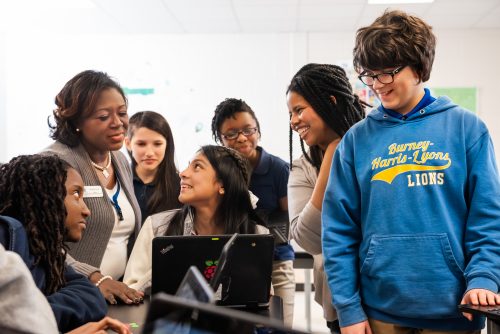
These volunteers are part of a global network, and 80% of volunteers said that belonging to this global community of clubs was motivating for them. Volunteers particularly valued the access to resources and information being part of a global community offered, as well as opportunities to share ideas and problem solve.
The majority of Code Clubs are mostly or always using our digital making pathways and projects as part of their clubs. Volunteers value the projects’ step-by-step structure and how easy they are to follow.
“Great structure to allow the kids to self-learn whilst keeping a good amount of creativity for them.” – Code Club volunteer
We plan to do more to ensure that clubs around the world find these projects and pathways accessible and useful for their sessions with young people.
The survey has helped us to identify a number of areas where we can support club volunteers even better. Volunteers identified help getting equipment and funding as the main things they needed support with, as well as recruitment of volunteers and young people. We are looking at the best ways we can lend a hand to the clubs network in these areas.
You can read the survey report to dive deeper into the findings.
We take impact seriously and are always looking to understand how we can improve and increase the impact we have on the lives of children and young people. To find out more about our approach to impact, you can read about our recently updated theory of change, which supports how we evaluate what we do.
The post Gaining skills and confidence: The impact of Code Club and CoderDojo appeared first on Raspberry Pi Foundation.